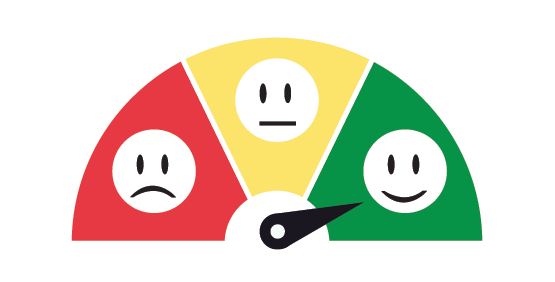Whenever I hear the word “digital” in my head I am smiling because…the geek in me thinks using it means we’re opposing our topic to…”analog”? 🙂
Guys, let me tell you: there is nothing analog today in telephony and call centers. I mean, not even our old home “analog” phone is really connected to an analog line. We used analog phones for PBX and internal telephony many years ago, some companies might be still using them because it would be expensive to replace many devices at once, but in the end they will surely be attached to a VoIP system!
So, about those digital channels: we talk about interactions that are not voice (although as mentioned there is no longer a non digital voice interaction, just think about webRTC): it means giving the users a choice in the conversation media, usually between chat, email, social, text, messaging systems, and so on. The growth of such channels is so astonishing that they will eventually replace voice, but as a friend was commenting in one of my last posts, this is valid as long as the new channels can provide correct and consistent information.
- Correct, means that the internal systems have to pull content from a knowledge base that is possibly the main source of information across the company, and if we’re providing automated responses, the flows should be tested and verified and solid.
- Consistent, is apparently the most difficult to achieve but think about it: how many times have you found an information on the website and considered it true, until an agent on the phone told you “oh yeah, the website is not updated yet”. The answers we provide to users must be consistent for our own credibility as a company.
So as a user if I am getting the correct info and it is the same across all the channels, this makes me think it is the right answer and I don’t really care that it was provided from a machine or a human, correct?
Yes correct, but…what if I have two questions in the same conversation? What if the answer to my question is not in the knowledge base? What if my question is complex and requires some level of escalation? What if I am simply mad and need to vent out my frustration (would be nice to have it in the choices, though: “click here to rant“)? Plus, knowing how all the digital channels are somehow permanent compared to a phone call, maybe that’s my only option, even though it might be recorded at least it’s not public. Rant is private, y’all!

Automation is always good and cheap and efficient, if done right, but I am still for the 1% super-agent questions that require synapses and emotional intelligence to be used that are not yet part of an expert system. 🙂









